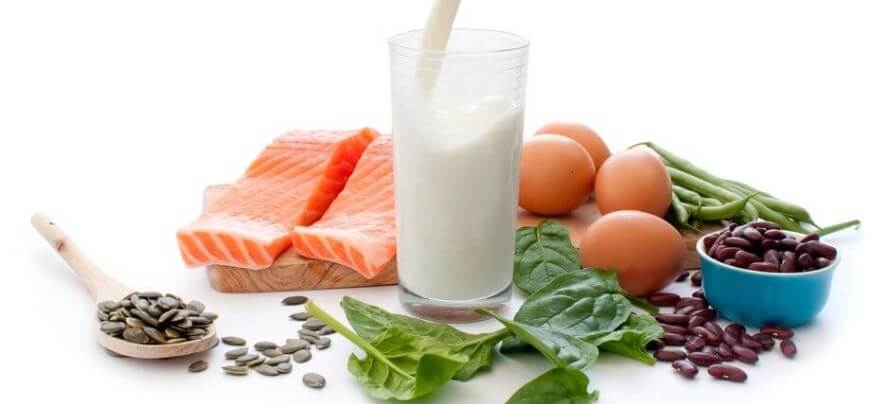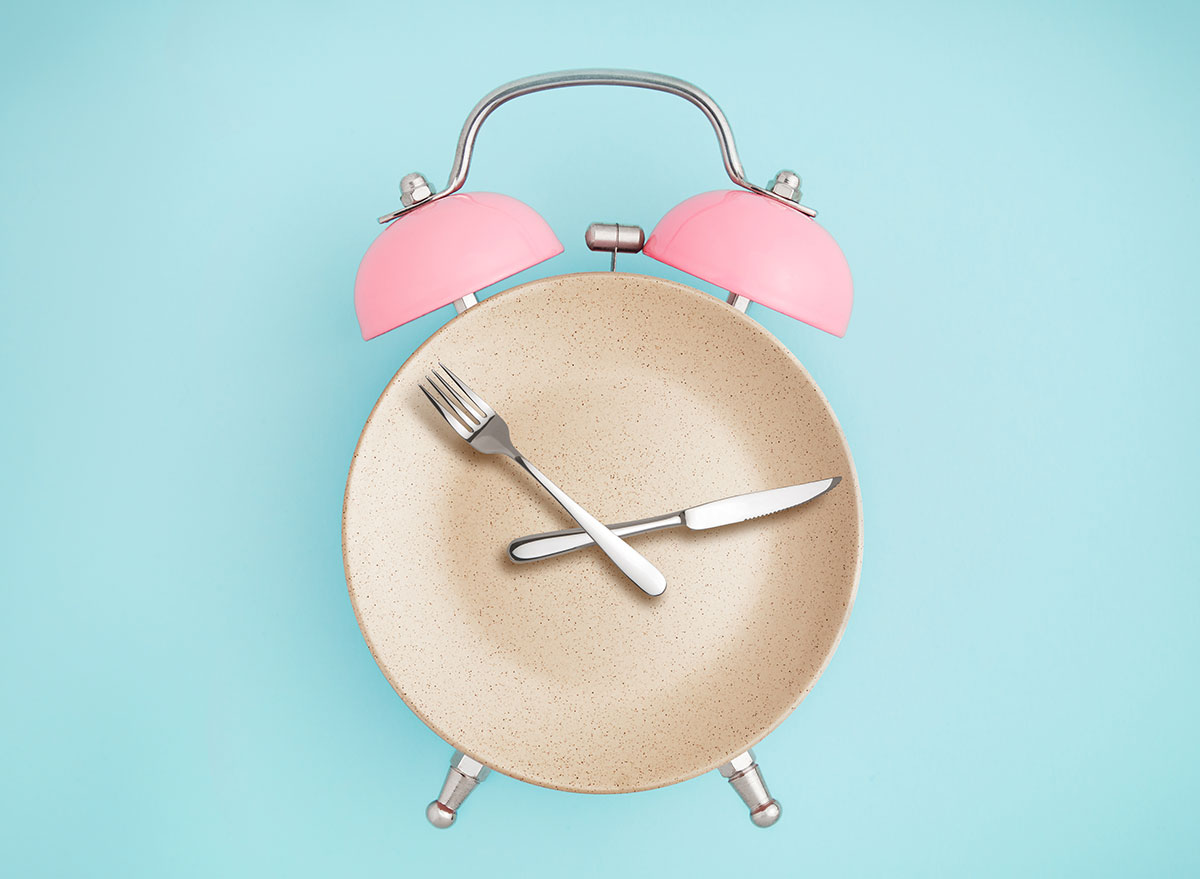BackInTheGame78
Moderator
- Joined
- Sep 10, 2014
- Messages
- 15,184
- Reaction score
- 16,556
All calorie deficits are not created equal.
A person who has a higher total caloric burn rate via TDEE plus caloric intake will always lose more weight even when the caloric deficit is the same, all things being equal.
Example:
Person 1 has a TDEE of 2300 and is intaking 1800 calories.
Person 2 has a TDEE of 2800 and is intaking 2300 calories.
Person 1, total caloric expenditure is 4100. Person 2 total caloric expenditure is 5100.
Person 2 will lose more weight(and fat) than Person 1, all things being equal, even tho they are in the same 500 calorie deficit per day.
These are things people don't really understand well, but in terms of the body, think of it as calories being fuel...the more calories you are adding, the more the furnace is fueled and the more your metabolism can start turning into a blowtorch for fat, with ancillary incineration happening as it increases.
This is why it is always more effective to eat more and increase your TDEE via activity(to a degree, too much isn't good either as the body cannot repair itself quickly enough for workouts) versus eating less and being less active even if you maintain the same calorie deficit.
A person who has a higher total caloric burn rate via TDEE plus caloric intake will always lose more weight even when the caloric deficit is the same, all things being equal.
Example:
Person 1 has a TDEE of 2300 and is intaking 1800 calories.
Person 2 has a TDEE of 2800 and is intaking 2300 calories.
Person 1, total caloric expenditure is 4100. Person 2 total caloric expenditure is 5100.
Person 2 will lose more weight(and fat) than Person 1, all things being equal, even tho they are in the same 500 calorie deficit per day.
These are things people don't really understand well, but in terms of the body, think of it as calories being fuel...the more calories you are adding, the more the furnace is fueled and the more your metabolism can start turning into a blowtorch for fat, with ancillary incineration happening as it increases.
This is why it is always more effective to eat more and increase your TDEE via activity(to a degree, too much isn't good either as the body cannot repair itself quickly enough for workouts) versus eating less and being less active even if you maintain the same calorie deficit.
Last edited:




